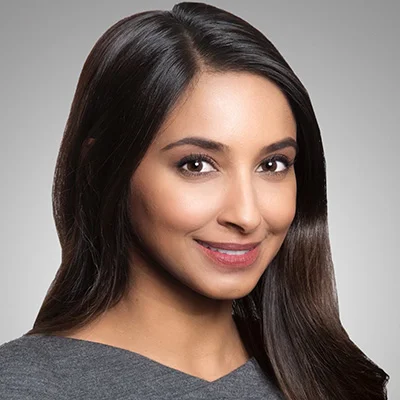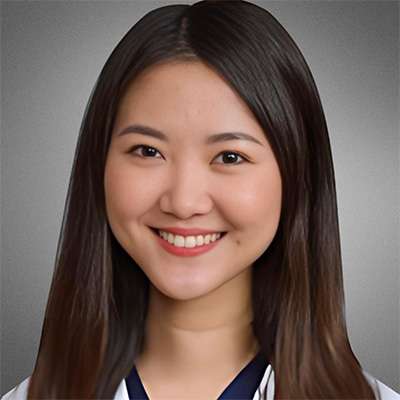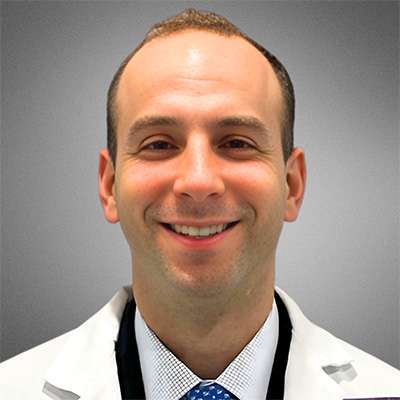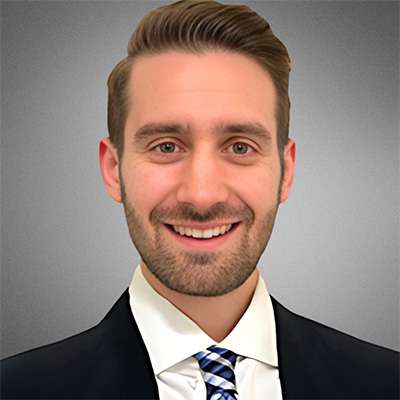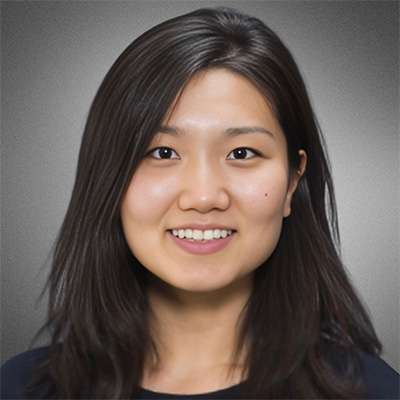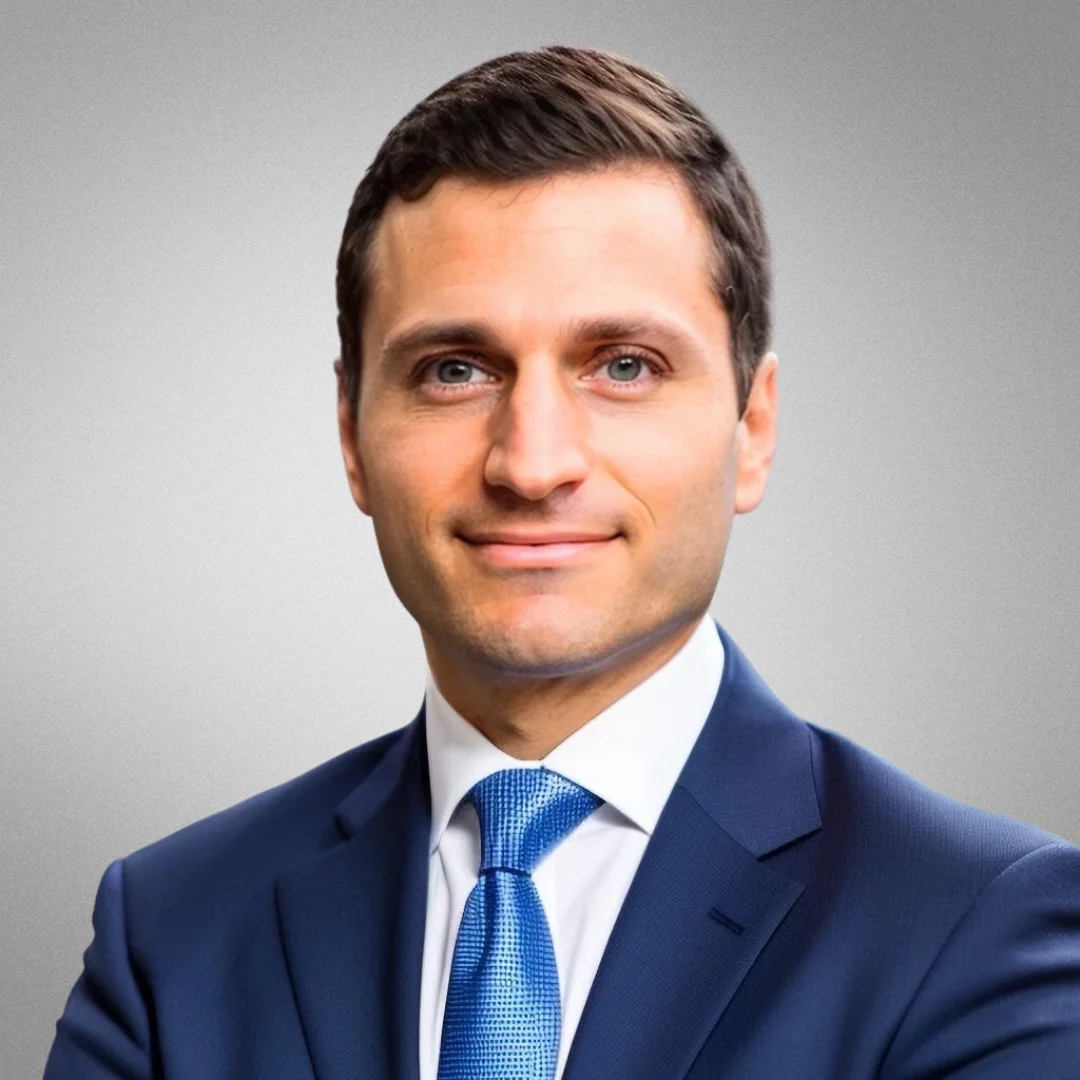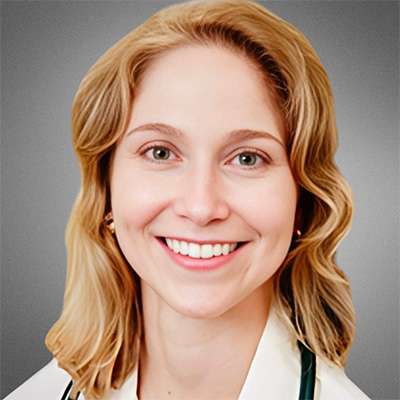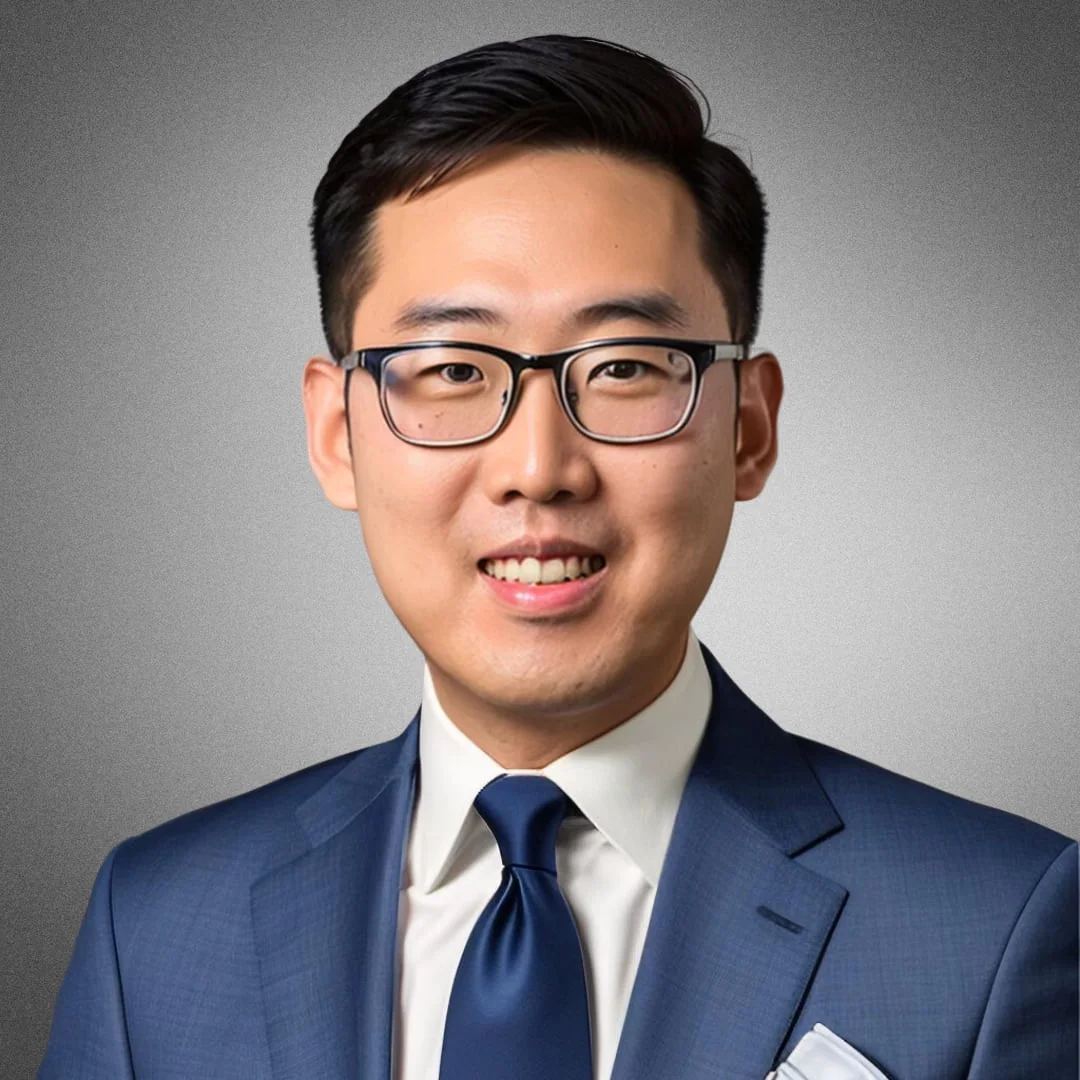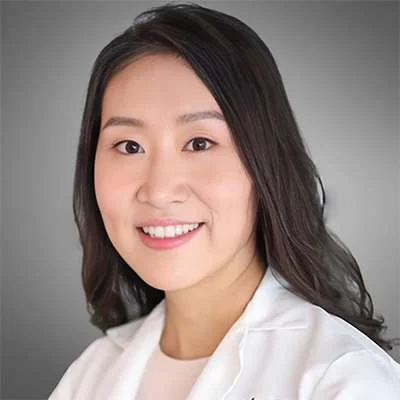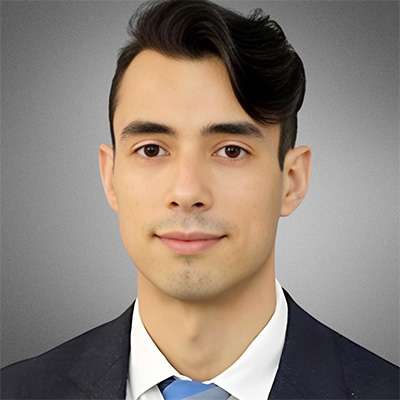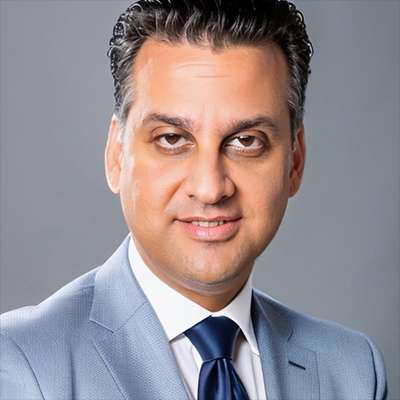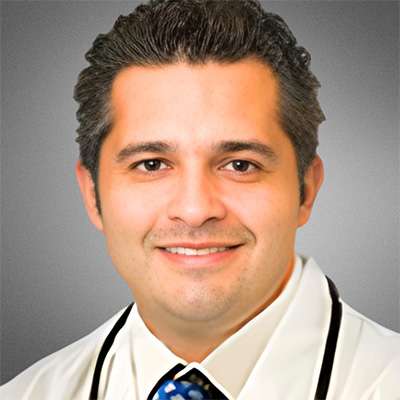What Is an Upper Endoscopy and Why Is It Performed?
Endoscopy screening (including bowel cancer screening), diagnosis, and treatment for diseases affecting every part of the digestive system, from the upper esophagus, stomach, and small intestine to the colon, rectum, and anus, are all available at Manhattan Gastroenterology. Upper endoscopy (also known as EGD or endoscopy) is a non-surgical procedure that our doctors use to examine a patient’s upper digestive tract. An endoscope is a flexible tube with a light and camera at the end that allows your doctor to view pictures of your upper digestive tract on a screen.
The endoscope is a flexible, narrow tube about the size of a finger that is easily passed through the mouth and throat and into the esophagus, allowing visualization of the esophagus, stomach, and upper part of the small intestine. This procedure is also known as esophagogastroduodenoscopy (EGD) and upper GI endoscopy. At Manhattan Gastroenterology, we utilize this exam to diagnose a wide range of digestive disorders accurately. In our gold-star JCAHO-certified procedure room, we use cutting-edge high-definition endoscopy equipment for optimal visualization of the GI tract, allowing for a precise and detailed exam.
Why Is It Important to Have an Upper Endoscopy and What Will the Doctor Be Looking for During My Exam?

Upper endoscopy is the gold standard for evaluating the upper digestive tract visually. It helps diagnose a variety of digestive disorders, such as stomach pain, ulcers, reflux, anemia, upper gastrointestinal bleeding, weight loss, nausea/vomiting, and difficulty swallowing. The endoscope’s camera allows for direct visualization of the lining of the esophagus, stomach, and duodenum.
In addition to visualization, our doctors can take biopsies of any abnormalities in the intestine lining, mass lesions, or any other abnormalities they detect. They may take biopsies even if the lining appears normal to the naked eye in order to diagnose infections such as H. pylori or to make a tissue diagnosis such as celiac disease or eosinophilic esophagitis.
Doctors can also use the endoscope to treat gastrointestinal bleeding or to remove foreign bodies if necessary. Upper endoscopy, in conjunction with other tests such as blood work, imaging, and etc., can help your gastroenterologist establish an accurate diagnosis and treatment plan for you.
Why Choose Manhattan Gastroenterology for Your Endoscopy?
At Manhattan Gastroenterology, we utilize cutting-edge medical technology, high-definition equipment, and imaging modalities to optimally visualize your bowel during your upper endoscopy in order to make a diagnosis and develop an effective treatment plan. Our gold-star-rated JCAHO procedure room has the necessary equipment to ensure the safety of your procedure while having your endoscopy performed. Our board-certified anesthesiologists will also be beside you throughout the surgery to ensure that you are comfortable and safe. Most importantly, our award-winning doctors will perform your procedure and help you get the answers you need.
Cleaning The Endoscope and High-Level Disinfection to Ensure Your Safety
At Manhattan Gastroenterology, we utilize the Advantage Plus endoscopic reprocessing machine. The ADVANTAGE PLUS™ is a fully automated, computer-based asynchronous endoscope reprocessor that separately monitors each endoscope channel for blockage and proper flow, ensuring complete high-level disinfection. Human error in the selection and connecting of hook-ups is eliminated by a computerized detection system. It is a cutting-edge system designed to ensure your safety and the highest level of infection control. To avoid contact with other instruments or surfaces, the device is placed on a special hanger until the next procedure. We go to great lengths to ensure the safety of your procedure.
What Is the Preparation for the Procedure?
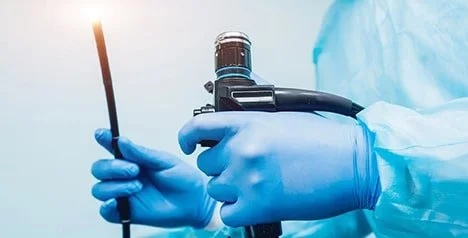
It is critical not to eat or drink anything before the procedure, even water. Typically, such fasting is necessary for 8 hours before your exam. It gives a clear visual field and helps in the prevention of vomiting and aspiration, which is very important for your endoscopy procedure at our facility. Certain medications, such as blood pressure medication, can be taken the morning before the exam with a small sip of water. Still, you should discuss all your medications regimen with your doctor.
”
★ ★ ★ ★ ★I was experiencing a lot of discomfort, and my doctor recommended Manhattan Gastroenterology for me. I went there, and they recommended I have an endoscopy. It was not nearly as uncomfortable an experience as I thought, and the facility was very modern. They discovered that I had gastritis and recommended some changes in my diet, and told me to avoid stress. If I ignored it, it could have become worse. I feel much better today, thanks to this gastroenterologist.
What About Medications That I Take?
Before your treatment, you should discuss all medications you are taking with your gastroenterologist. Your doctor will advise you accurately if there is any reason to discontinue any of their use. Ensure to tell your gastroenterologist if you are allergic to any medications before having an upper endoscopy performed. At Manhattan Gastroenterology, we will be glad to discuss this with you before your procedure.
What Can I Expect When I Arrive and Immediately Before the Procedure?
When you arrive at the office, the staff will check you in and complete the necessary paperwork and consent forms. You will then be led to your dressing room where you will be able to change into your gown. The staff will ask you questions regarding your condition and the indications for the procedure, as well as make sure you are fasting adequately before the procedure. At that time, your vital signs will be taken, and any questions you may have will be answered.
Will I Receive Sedation?
After you’ve changed and checked in, our board-certified anesthesiologists will place an IV line in preparation for sedation for the procedure. The anesthesiologist will place a nasal canal for oxygen and attach EKG electrodes to your chest for safe monitoring during the procedure. Sedation will make it easier for you to tolerate any discomfort, such as pressure, bloating, or cramping. Our board-certified anesthesiologists are always on hand to ensure your comfort and safety throughout the procedure. Because we give sedation, you will require a driver to take you home, which you must arrange ahead of time.
What Can I Expect During the Procedure?
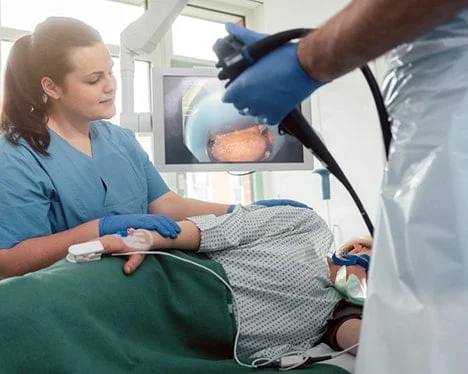
The specialist will ask you to lie on your left side before beginning the procedure. To help numb your throat, you may be given a topical anesthetic that is either sprayed or gargled. To protect your teeth from the endoscope, your doctor will place a bite block in your mouth. It’s important to remember that the scope is not larger than the food you’re swallowing, and it won’t interfere with your breathing. The anesthesiologist will then gradually administer the medication, making you sleepy.
The endoscope will then be inserted into your mouth and esophagus to examine the lining. During the exam, the anesthesiologist or an assistant may use suction to collect saliva, allowing you to avoid swallowing. In order to provide a better visual field, the specialist may also pump air into your stomach. Because you will be sedated, you will most likely feel no pain or discomfort and will fall asleep.
We use the most up-to-date high-definition imaging modalities for the best possible visualization of your upper digestive tract during endoscopy
What Is the Doctor Looking for During My Endoscopy and What Kind of Results Are Obtained?
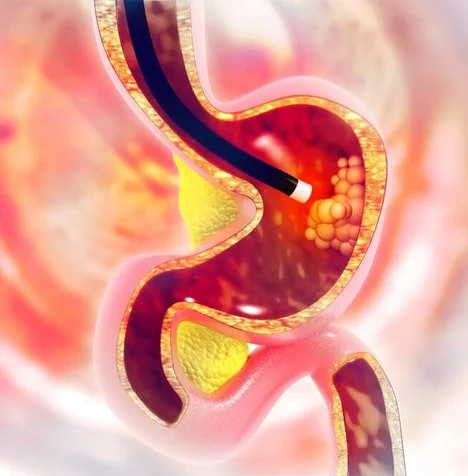
During the procedure, our doctors use a high-definition video screen to control the movement of the endoscope and visualize the upper digestive tract. They carefully inspect the lining of your esophagus, stomach, and duodenum. If our endoscopy doctors discover an area that warrants additional investigation, they can insert instruments through the endoscope to retrieve a biopsy, a small tissue sample, for analysis. The sample will be sent to a laboratory to be distinguished between benign (non-cancerous) and malignant (cancerous) tissues. Biopsies can help identify many conditions. The doctor may take one even if they don’t suspect cancer to help diagnose other conditions.
Keep in mind that the doctor may take a biopsy for many reasons, even if cancer is not suspected. A biopsy, for example, can detect Helicobacter pylori, a bacterium that can cause ulcers. This test is generally well tolerated and causes no discomfort or pain. It also provides important information to the doctor in order for them to establish a proper diagnosis and treatment plan.
Upper endoscopy is the perfect tool for treating medical conditions in your upper gastrointestinal tract. A variety of instruments can be passed through the endoscope by the gastroenterologist with little or no discomfort to you. Upper endoscopy, for example, may be used to perform a cytology test, in which they pass a small brush through the endoscope to collect cells for later analysis. They can stretch or dilate a narrowed area, treat bleeding or remove polyps, which usually are benign growths, from the lining of your gastrointestinal tract.
How Long Does an Endoscopy Take?
The procedure usually takes 15-20 minutes or less and is performed at our JCAHO certified office-based surgery unit. However, due to the time required for preparation and recovery, expect to spend two to three hours at the office. If you were sedated, you would need someone to drive you home after the procedure.
Recovering from an Upper Endoscopy
Our board-certified anesthesiologists are always on hand to ensure your comfort and safety during your procedure. The office staff will monitor your recovery until the sedatives wear off following the endoscopy. You may experience some cramping, bloating, or nausea as a result of the air introduced into your stomach during the examination, but this should be brief. Before you are released, your doctor will explain what, if anything, they discovered, even though the results of any biopsies are not yet known. Again, because you have been sedated, you must have someone drive you home and stay with you until you are released. Even if you feel awake, your judgment and reflexes may be impaired for the next 12-24 hours. Unless we instruct you differently, you can eat after the procedure.
Endoscopy Complications
In general, endoscopy is a very safe procedure when performed by trained and experienced gastroenterologists. Complications are rare, but the most severe is a perforation which may require surgery to repair. Other complications include bleeding from the site of a biopsy. Complications might cause severe abdominal pain, fever, chills, or rectal bleeding, among other symptoms. While these complications are rare, you should notify your doctor right away if you notice them or any other symptoms that concern you. We would be glad to discuss this with you.
How many days do I need to take off work?
You will need to take the day off from work for the procedure.
How Long Do EGD Results Take?
Some results from an upper GI endoscopy are available the same day as the procedure. However, if you’ve received a biopsy, the results can take 72 to 96 hours or longer to come back.
How Much Does an Upper Endoscopy Cost in New York?
The average cost of upper gi endoscopy in New York is $1,961. When a doctor orders an endoscopy, it is usually covered by insurance, but you must still meet your deductible and pay the copay or coinsurance. Without insurance, you will be responsible for the entire cost of the procedure, including doctor fees, prescriptions, and lab fees.
For more information about an upper endoscopy in NYC or to schedule an endoscopy appointment with one of our GI doctors, please contact our Midtown or Upper East Side NYC offices. As best-in-class gastroenterologists in NYC, we provide highly personalized and comprehensive care. Our philosophies regarding the doctor/patient relationship are based on trust and have earned us some of the most respected reputations in NYC.




